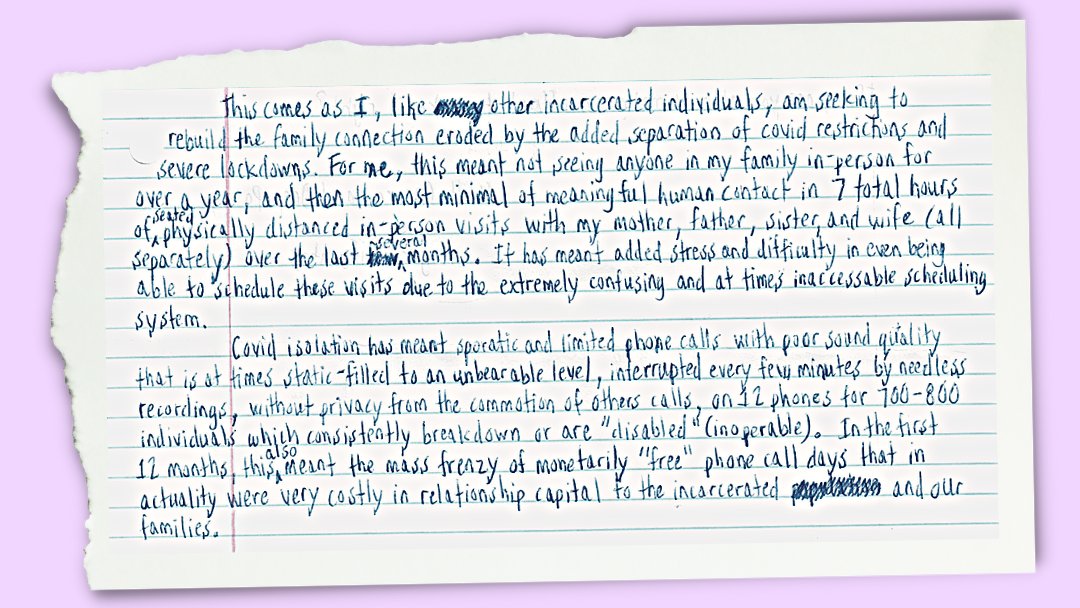
Over the past 13 days, from Labor Day to Constitution Day, we have released one story each day from someone who has been forced to labor under the exception in the 13th Amendment. Here are all their stories. 🧵
Take action to abolish slavery for all at EndTheException.com!
Take action to abolish slavery for all at EndTheException.com!
Except for Johnny
https://twitter.com/worthrises/status/1566788239972655104?s=46&t=OI6BY41uG3pYcHCjEyZo9g
Except for Richard
https://twitter.com/worthrises/status/1567152001653301248?s=46&t=OI6BY41uG3pYcHCjEyZo9g
Except for Britt
https://twitter.com/worthrises/status/1567513304750325763?s=46&t=OI6BY41uG3pYcHCjEyZo9g
Except for Andrew
https://twitter.com/worthrises/status/1567998203328602112?s=46&t=OI6BY41uG3pYcHCjEyZo9g
Except for Jose
https://twitter.com/worthrises/status/1568311964941668353?s=46&t=OI6BY41uG3pYcHCjEyZo9g
Except for Jerome
https://twitter.com/worthrises/status/1568599291693760514?s=46&t=OI6BY41uG3pYcHCjEyZo9g
Except for Dyjuan
https://twitter.com/worthrises/status/1568966300843524096?s=46&t=OI6BY41uG3pYcHCjEyZo9g
Except for Saleem
https://twitter.com/worthrises/status/1569326863553646593?s=46&t=OI6BY41uG3pYcHCjEyZo9g
Except for Armand
https://twitter.com/worthrises/status/1569687598020415491?s=46&t=OI6BY41uG3pYcHCjEyZo9g
Except for Serena
https://twitter.com/worthrises/status/1570049586370166788?s=46&t=s8d-nAxi2RfODCXjKO5ECQ
Except for James
https://twitter.com/worthrises/status/1570412657634672641?s=46&t=s8d-nAxi2RfODCXjKO5ECQ
Except for Adnan
https://twitter.com/worthrises/status/1571114244367450112?s=46&t=s8d-nAxi2RfODCXjKO5ECQ
Except for Kenyatta
https://twitter.com/worthrises/status/1571152498425229312?s=46&t=s8d-nAxi2RfODCXjKO5ECQ
And finally a big thank you to @EPCo for helping us get these stories out and all our partners in the #EndTheException coalition!
Again, take action at EndTheException.com!
Again, take action at EndTheException.com!
• • •
Missing some Tweet in this thread? You can try to
force a refresh







